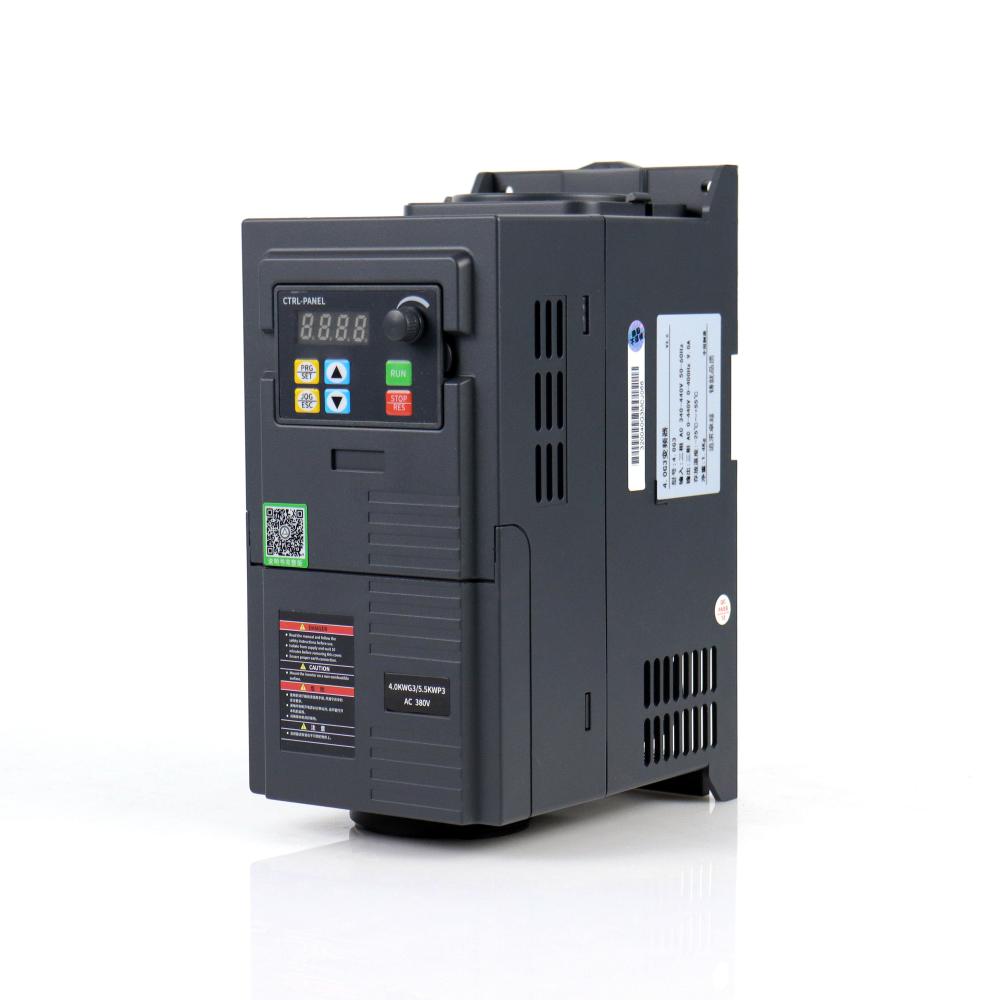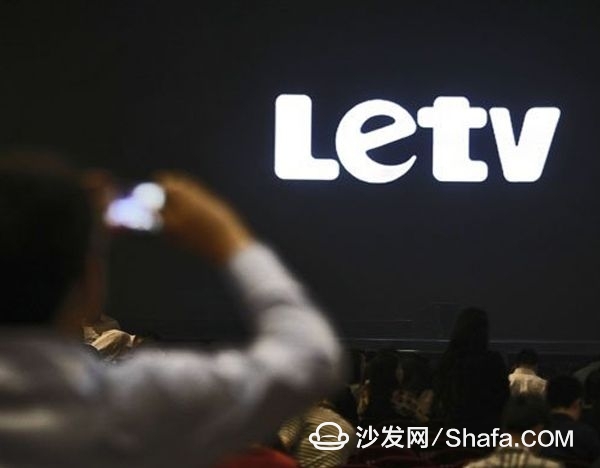As panel expenditure accounts for more than 70% of TV's cost structure, panel price changes will directly affect TV makers' development. Since the second half of 2016, Internet TVs such as LeTV and Xiaomi have been forced to increase prices for several times due to the continuous rise in panel prices. However, when Internet TV ushered in the wave of price increases, it was surprising that Mango TV announced its strategy to enter the Internet TV market with low prices.
Mango TV enters the Internet TV market at a low price
In the era of rapid Internet development, everything is getting faster and disappearing faster. The success and failure of the industry is no exception. As the center of the living room economy, television is the carrier for family members to participate in entertainment activities. However, traditional television is not only poor in content but also can not be interactive on demand. It is increasingly unable to meet the needs of users in the Internet era. Internet TV is able to adopt new technologies and technologies. Applications open up more new home entertainment entrances.
According to the 2016 TV Internet Industry Research Report, the market value of nearly 150 billion yuan, which is mainly based on video ecology, has begun to be transferred and released. In the long-term, it is a trillion-gigabyte living room economic market scale. However, along with the expansion of cakes, the industry's competition has intensified. In recent years, both technology companies, traditional color TV brands, and video websites have entered the Internet TV market one after another, forming a situation in which nearly 20 brands are smashing each other. The business models of various manufacturers are also full of tricks. Not only operators, television, video websites, etc. Now, there is an Internet company dominated by TV stations to stir up the game.
A few days ago, Mango TV, an Internet video platform owned by Hunan Radio and Television, also announced the beginning of the deployment of Internet TV. It united Skyworth Group, Gome Electrical Appliances, and Everbright Optimisation Fund to launch 7 models of the Mango and Mango brands. Internet television products. It is worth noting that Love Mango TV has taken the same buying content as LeTV Super TV and sent it to hardware mode.
However, unlike millet, LeTV, and other Internet TV makers, Love Mango has an Internet TV content service license because it is backed by Hunan Broadcasting and Television. In addition, Love Mango TV will also undertake the content matrix of Mango TV. In other respects, Mango joins Skyworth as a hardware supplier, Gome as a sales channel provider, and Everbright as a capital fund, trying to connect the upstream and downstream industries.
Experts: TV companies will enter a real knockout in 2017
Since the second half of 2016, the prices of supply chain panels on the TV upstream have been rising. Due to the lack of comprehensive control of the core components and the lack of upstream supply chain panels, some Internet TVs are now facing passive price increases. Dilemma.
On February 27th, LeTV released an announcement to adjust the price of certain models of Super TVs: Based on the persistence of cost pricing and eco-subsidy hardware, the price of some models was increased, and new prices were implemented starting from 02:00 on February 28. This is only three months after the last price increase of LeTV. In fact, LeTV is not the only Internet TV company that has raised its price. Xiaomi TV 3S has made two price adjustment adjustments in 2017 alone.
Not only that, from the perspective of the latest panel prices released by the research institution IHS, the prices of 49-inch and 55-inch 4K ultra-high-definition panels are still rising. Industry experts predict that Internet TV, which uses low prices as a competitive measure, will no longer have a clear price advantage.
Surprisingly, the newly-entered Love Mango TV still played a low price tag.
In response, Ding Cheng, Chairman of Love Mango TV, told media including it that it is selling hardware and selling content first. The user first seizes it, and the future business model for membership renewals and a certain amount of advertising is It can be explored that our business realization logic is actually advertising + membership.
Liu Buchen, an expert in the home appliance industry, pointed out that the profit model of traditional home appliance companies is relatively simple compared with the profit model of Internet TV. Traditional enterprises can earn several units by selling several units of gross profit, but Internet TV is composed of hardware and software. If the hardware does not make money, then software including advertisements, videos, applications, etc. may collect membership fees, advertising fees, or TV shopping. In the eyes of Internet TV manufacturers, as long as the hardware is cheap enough to sell a large amount of hardware, and large shipments will be able to charge more advertising fees, but in fact, they excessively value the value of the hardware.
After a few years of market cultivation, consumers have become less popular with Internet TV than before. At the same time, traditional TV manufacturers are also speeding up the shortcomings in Internet content. Therefore, the competition between traditional TV brands and Internet TV will become increasingly fierce. Only user-oriented is the magic weapon for TV companies to win in the future. In 2017, TV companies will enter a real knockout. Liu Buchen said.
Smart TV/box information can focus on smart TV information network sofa butler (http://), China's influential TV box and smart TV website, providing information, communication, TV boxes, smart TVs, smart TV software, etc. Answering questions.
Frequency Inverter
Frequency Inverters, also known as Variable Frequency Inverters or Variable Speed Drives, are electronic devices that are used to control the speed of an electric motor. They convert the incoming AC power into DC power and then back to AC power at the desired frequency and voltage. These devices are commonly used in industrial and commercial applications to regulate the speed of machines and equipment. Low Power Inverters, on the other hand, are designed for use in smaller applications such as home appliances and small machinery. They are typically less expensive and have a lower power output compared to their industrial counterparts. Overall, Frequency Inverters and Variable Frequency Inverters are essential components in modern industrial and commercial applications, while Low Power Inverters are more commonly used in smaller scale applications.
Frequency Inverter,Variable Frequency Inverter,Low Power Inverter,Variable Speed Drive

Frequency Inverter,Variable Frequency Inverter,Low Power Inverter,Variable Speed Drive
WuXi Spread Electrical Co.,LTD , https://www.vfdspread.com

